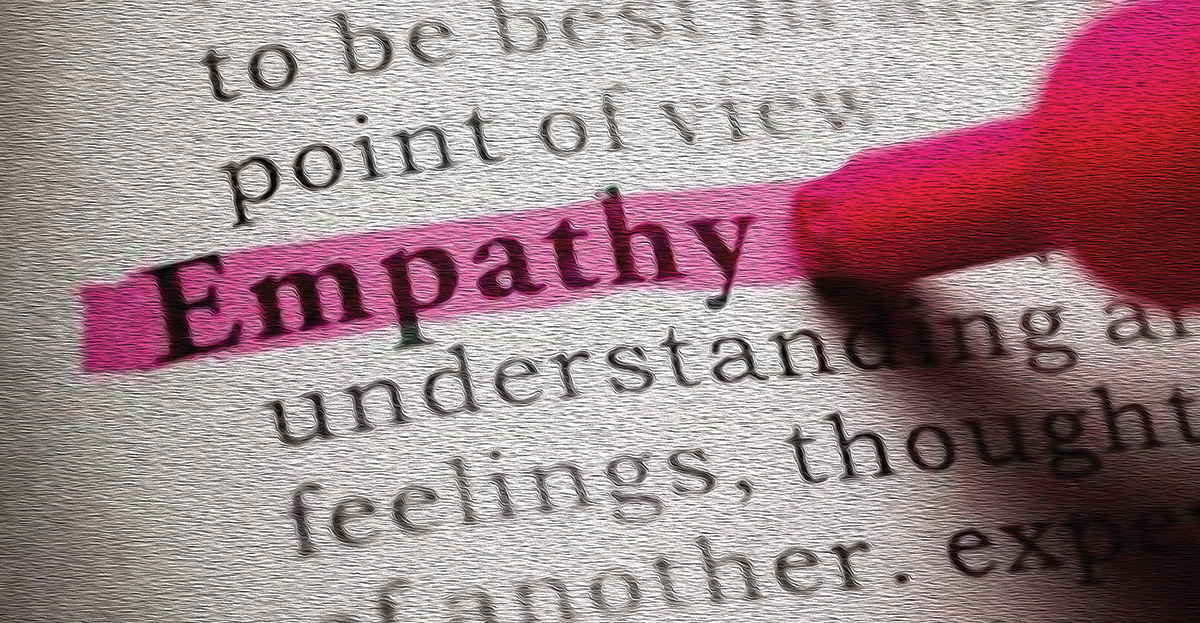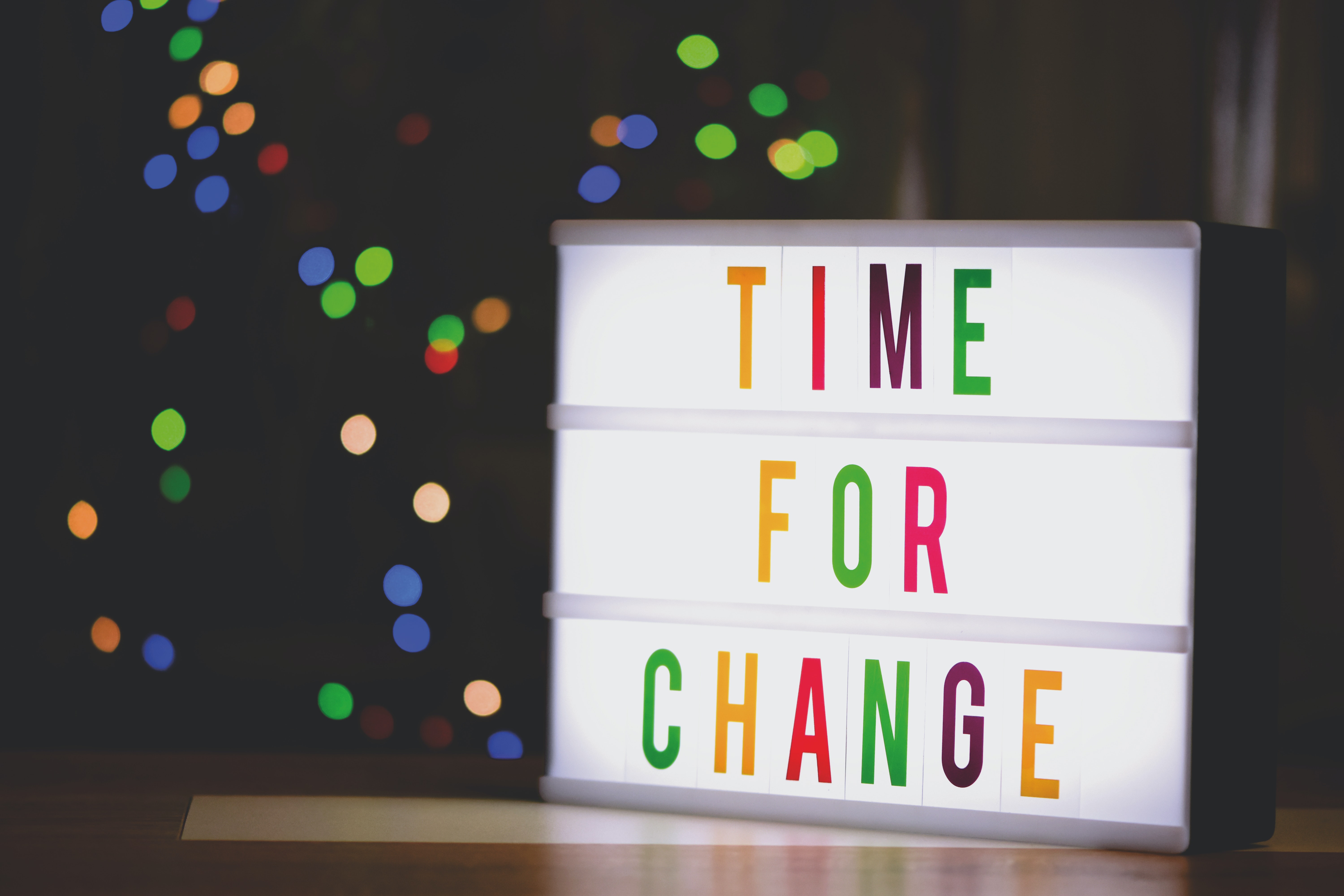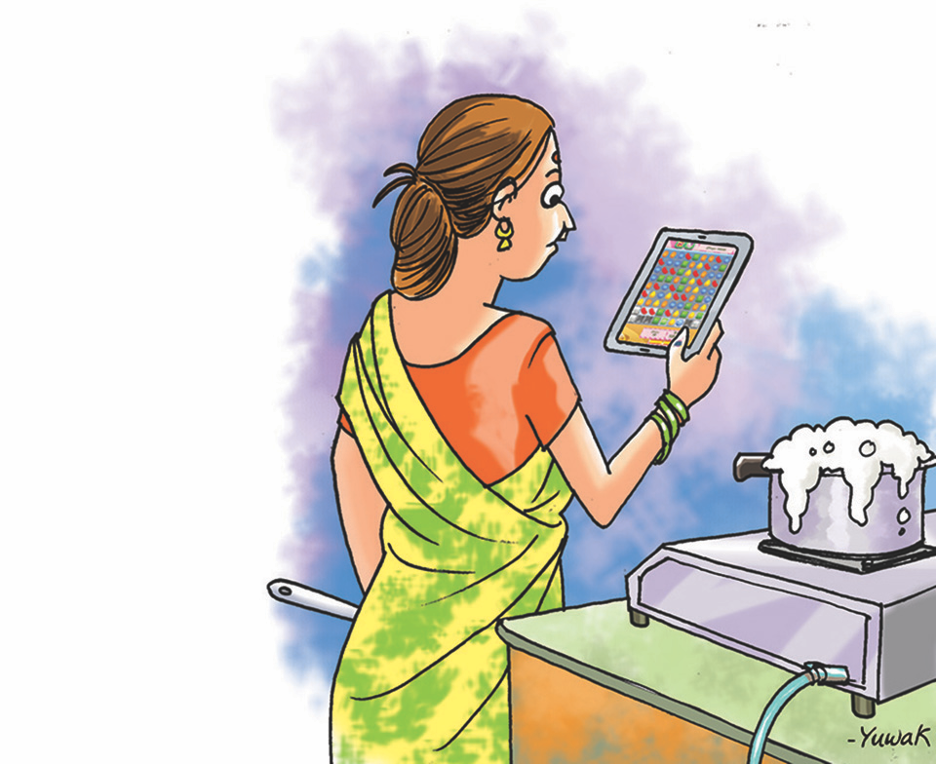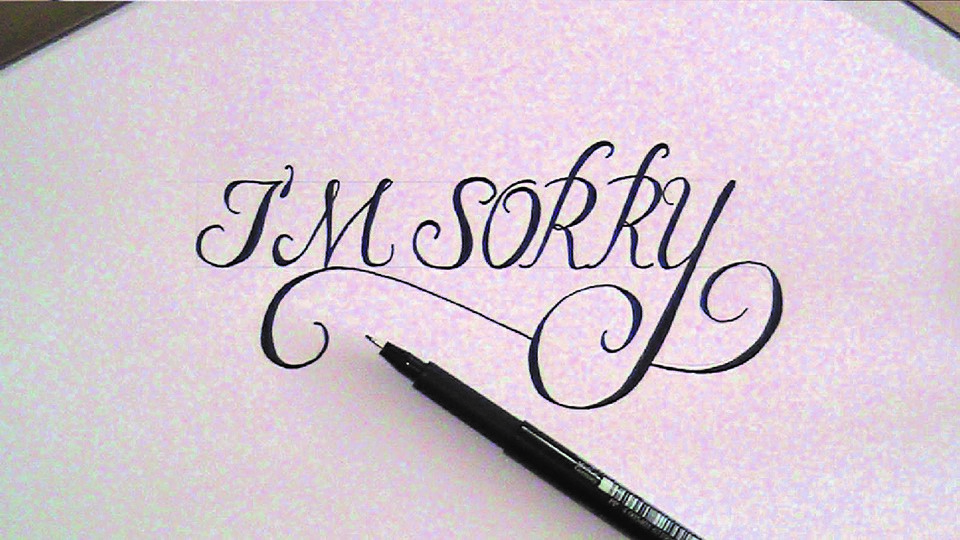
Idea.Action.Impact

Idea.Action.Impact
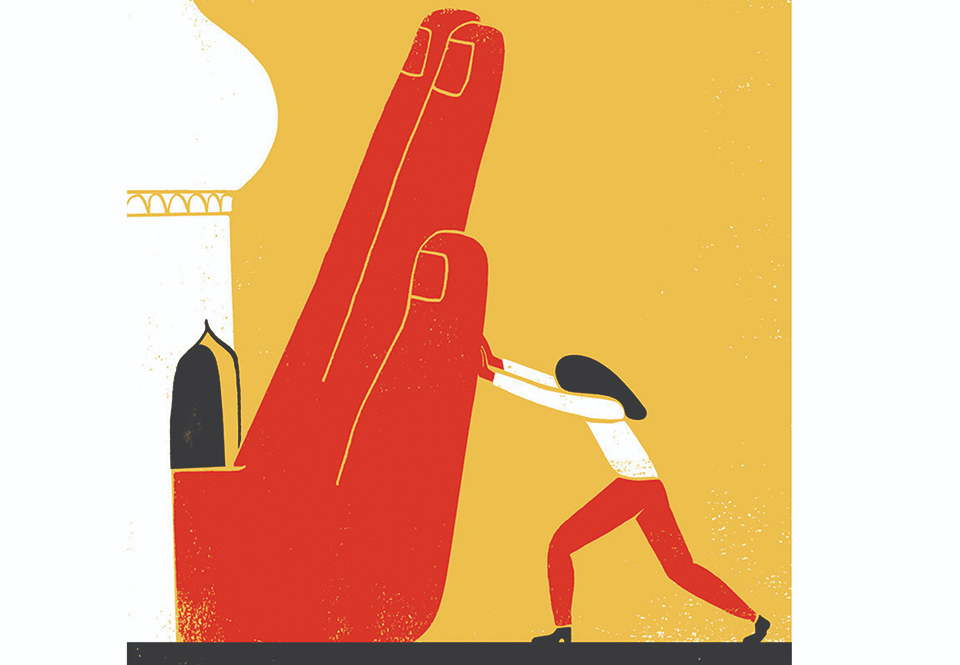
Menstruation in women is a normal biological process as breathing. When an egg is not fertilized, the uterus sheds its lining which had grown to receive a fertilized egg. It is a natural part of the reproductive cycle.
If this was so simple, why is the entire world talking about it?
Women make up 50% of the world’s population and for most of them menstruation is a normal monthly occurrence. Those painful days of the month is not talked about in public and is often discussed behind closed doors. It is a globally shared experience among women with almost similar symptoms and discomfort. Though the taboos exist globally, the myths and stigma attached to the word ‘menstruation’ is more prominent and relevant especially in developing countries like, India, Nepal, Bangladesh, Pakistan, etc.
Amidst all this, does it do any good to women?
The Good
Ever wondered why women live longer than men?
It is because women menstruate and, in the process, lose iron every month. Iron produces free radicals which increases the chance of developing age-related diseases. Therefore, when women menstruate, they flush it out and, in the process, reduces the risk of such diseases. With estrogen level high during the period days, women tend to feel alert, happy and beautiful. Menstruation also helps in cleansing the body and works as a natural detox automatically flushing out the toxins. So, for women it is a blessing in disguise.
Alas, all that which glisters is not always gold.
The Bad
Menstrual taboos are widespread across communities, religion and countries. Apart from the pain and shame, the myth it carries like: women are impure, sick, dirty and even cursed during their period have silenced women for too long. The monthly reminder to us by our elders to not touch pickles lest it goes sour, to not enter the temple and kitchen because period days are days of impurity, is so deeply ingrained in our internal wiring that we voluntarily seclude ourselves. It is a topic so tightly wrapped up in taboos, that is often not talked about and so it continues to be misunderstood right into the 21st century.
While I was standing to pay for my groceries at a supermarket, ahead of me there was a lady and her teenage daughter pushing an over filled trolley. As I waited my turn, I saw the lady first gesture and then whisper to her daughter to place some of the items at the bottom of the trolley. That made me curious and I wondered what was upsetting the older woman. Then I realized that the daughter had picked up a couple of packets of sanitary pads and had kept it on top. This was what bothered the lady.
It brought back to me that even city people and seemingly well-educated suffered from menstrual shame - proof that it is not just a rural phenomenon but also an urban one. The only difference probably being that rural women lack awareness about menstruation and hence believe in the myths surrounding the topic whereas the urban women are aware about it but still fear its stigma.
Therefore, when a grocer wraps a newspaper around a sanitary pad and ties a string over this mysterious packet, hands it over in a black polythene bag— separate from any vegetables that it may contaminate by its very presence makes me wonder isn’t it time to end the stigma around menstruation?
But, can it get uglier than this?
The Ugly
Even though half of the world’s population menstruate at some point in their lives, it is rarely discussed at home or schools because of entrenched stigma and taboos. Most parents either lack the biological explanation or due to sheer embarrassment they don’t discuss ways of managing periods with their daughters. Schools also fail to fill in this gap as teachers rarely discuss this in class, the topic is avoided or ignored perpetuating an environment of shame and discomfort. Therefore, when millions of adolescent girls get their first period or ‘menarche’ they are ill equipped to manage it. Some even shy away from school to avoid any “embarrassment”.
In rural India women are ostracized during “that time of the month”. They are banished to huts outside their village every menstrual cycle. Nepal is not far behind. The menstrual exile known as ‘Chhaupadi’ forbids women to participate in normal daily activities. During her menstruating days, she is made to stay in cattle shed or a make shift hut for the duration of her cycle. The practice reportedly leaves women susceptible to diseases, rape, and in some cases, even death. Although, Chhaupadi was outlawed by Nepal’s supreme court in 2005 the practice is still observed in the far western parts of the country.
Period poverty makes things much worse. It refers to the lack of access to sanitary products, menstrual hygiene education, toilets, hand washing facilities, and, waste management. The stigma surrounding menstruation makes it difficult for women worldwide to practice optimal hygiene. In some rural areas in India, period poverty forces women to resort to dangerous alternatives for menstrual absorption like: mud, ash, wood husk, old rags, etc. According to Plan International UK, in 2017, 42% of the girls had to use makeshift period products because of period poverty. Poor menstrual hygiene poses a grave health risk to women with problems like reproductive tract infection, Hepatitis B infection and an increased risk of cervical cancer.
The road ahead
Menstruation is a basic biological function which should not be an economic and social obstacle for women. Menstrual taboos restricting the movement of women in all spheres of life needs to be wiped off and for this we need to start questioning, debating, and discussing socio-cultural practices related to it more publicly.
It is time everyone including men should participate in abolishing the silence and shame that shroud this natural function. The period stigma runs deep and though the ride ahead is bumpy, the conversation which has just begun must continue.
Published in Republica on May 28, 2019

